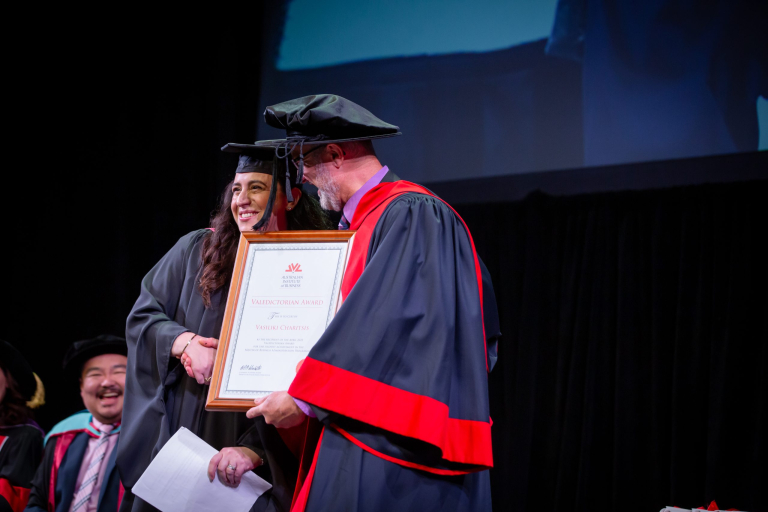This page is dedicated to providing valuable insights and resources for everything relating to Master of Business Administration (MBA) programs, including our own online MBA – The Fast-Track MBA. Our aim is to equip you with all the knowledge you need to make informed decisions about your MBA journey. Our articles cover a wide range of topics related to the MBA experience, including tips for choosing the right MBA program, preparing your MBA application, navigating the program, and strategies for achieving making the most of your qualification post-graduation. Whether you’re considering pursuing an MBA, currently studying your MBA, or an MBA graduate, you’ll find a wealth of information here.
Australian site
Canadian site
Did you know we have over 2,000 students and graduates across Canada?
The AIB MBA
Designed for busy working professionals, this fully online MBA course is highly flexible and delivered with interactive, bite-sized content and personalised student support.
Postgraduate certificates
Getting started
Tools & calculators
Search









